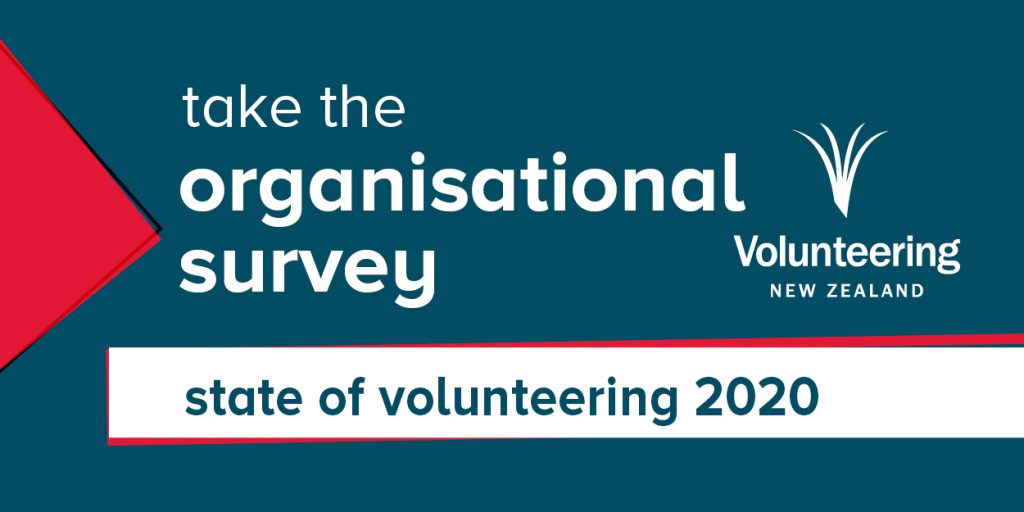Volunteering New Zealand marks World Water Day today by promoting the ways and means volunteers ensure safe and clean water both domestically and internationally.
Sustainable Development Goal (SDG) target 6.3 calls on New Zealanders to “improve water quality by reducing pollution, eliminating dumping and minimizing release of hazardous chemicals and materials, halving the proportion of untreated wastewater and substantially increasing recycling and safe reuse globally.”
The Bonn Call to Action from 2016 calls for volunteers to be a part of the solution to achieving the Sustainable Development Goals by 2030, stating “We recognise that communities must be at the centre of their own development.”
The theme of this year’s World Water Day is wastewater. UN Water, the United Nations interagency mechanism for all freshwater issues, promotes the need to treat and reuse wastewater at home, in our cities and in agriculture. Globally, over 80% of the wastewater generated by society flows back into the ecosystem without being treated and reused.
Volunteering New Zealand (VNZ) and the National Institute of Water and Atmospheric Research (NIWA) support the role volunteers and volunteering will play in maintaining water quality. Citizen scientists for example, are helping local councils and community groups by extending water quality monitoring and embracing restoration programmes.
In fact, NIWA declares that citizen science monitoring of water is a win-win for scientists and volunteers—one gains access to new data, and the other the skills and confidence to become involved in discussions over what is happening to their streams, according to a December 2016 NIWA release of a study, led by freshwater ecologist Dr Richard Storey.
Dr Storey said public participation in citizen science monitoring, has increased dramatically around the world in the past 20 years. “We think that if communities are involved with the monitoring, that will lead to a better understanding of stream values and better equip them to get involved with freshwater planning processes,” he said following his recent study.
“VNZ is excited about citizen science as it can go beyond the crowd-sourcing of their data, building partnerships between the scientists, local councils and the broader community,” VNZ Chief Executive Scott Miller says. “We see it as New Zealanders mobilising to get involved in the issues that affect them.”




About The Author: Admin
More posts by admin